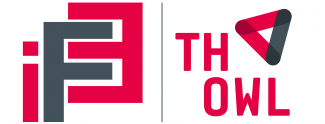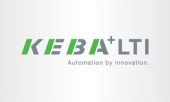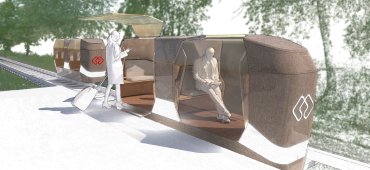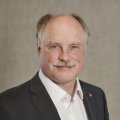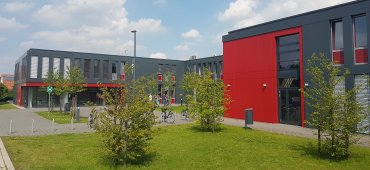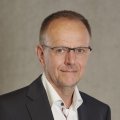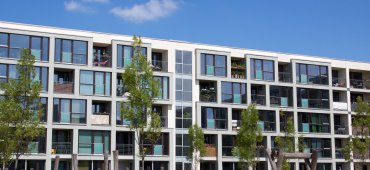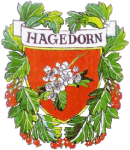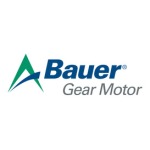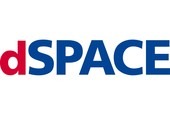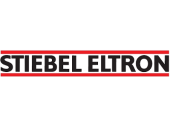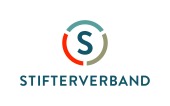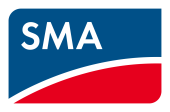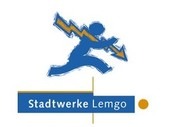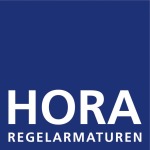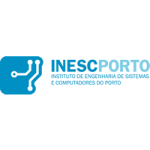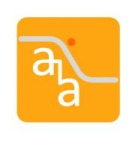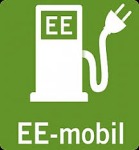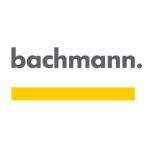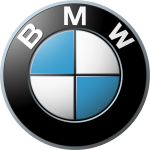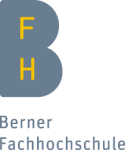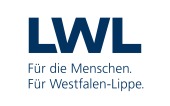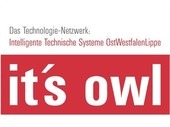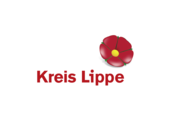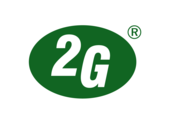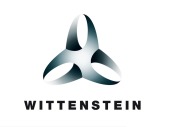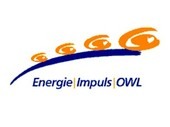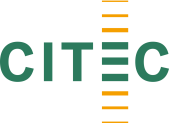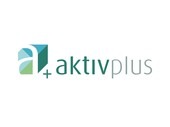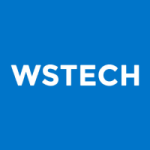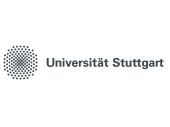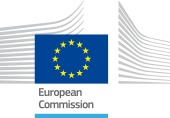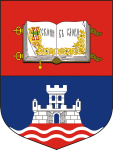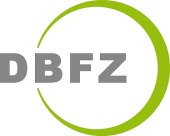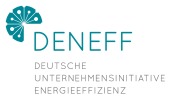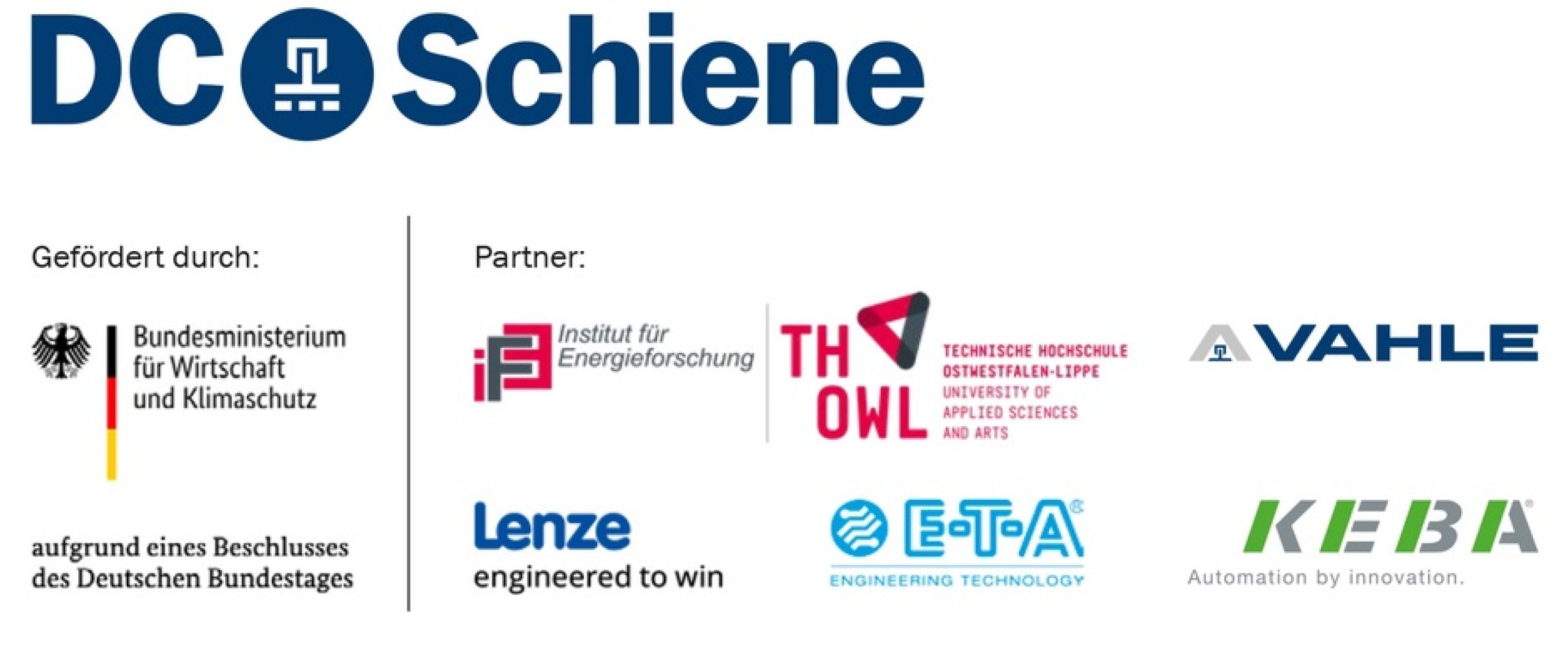
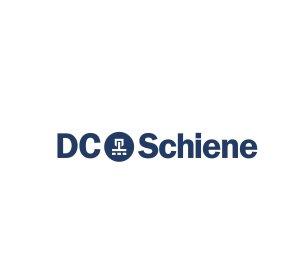
DC-Schiene
Die Energiewende ist eine der größten Herausforderungen für die produzierende Industrie in Deutschland. Durch weltpolitische Ereignisse ist die Reduzierung des Energieverbrauchs auf allen Ebenen besonders dringlich. Die Erhöhung der Energieeffizienz, die Schonung von begrenzten Ressourcen, die Steigerung der Flexibilität auf schwankende Energieangebote angemessen reagieren zu können, die optimale Nutzung erneuerbarer Energiequellen sowie die Erhöhung der Robustheit der Produktion bei schwankender Energiebereitstellungsqualität sind Aufgaben, mit denen sich die Industrie Deutschlands konfrontiert sieht. Industrielle DC-Netze bieten hier gegenüber der dreiphasigen 400V-AC-Stromversorgung wesentliche Vorteile. Der Trend geht hin zum Einsatz von energieeffizienten, drehzahlveränderlichen elektrischen Antrieben mit Frequenzumrichtern, die stets eine Energiewandlung von Wechselspannung in Gleichspannung mittels B6-Gleichrichter benötigen. In DC-Netzen kann stattdessen ein zentraler geregelter Gleichrichter eingesetzt werden. Wechselrichter können am DC-Bus betrieben werden, sodass sowohl die Wandlungsverluste gesenkt als auch generatorische Energie direkt genutzt werden können. Speicher und erneuerbare Energiequellen, die ebenfalls von der Nutzung eines gemeinsamen Zwischenkreises profitieren, lassen mit deutlich weniger Aufwand integrieren. Im Fokus des Projekts DC-Schiene steht die Erforschung ressourcenschonender und energieeffizienter DC-Schienensysteme für mobile lndustrieanwendungen inner- und außerhalb von Gebäuden als Substitut für den Stand der Technik mit Drehstrom-Leitern. Hierfür sollen optimierte Komponenten (Einspeisegeräte, DC/DC-Steller, Wechselrichter und Schutzkomponenten) entwickelt und realitätsnahen Anwendungsszenarien getestet werden. Im Teilvorhaben der TH-OWL werden wirkungsgradoptimierte Einspeisegeräte und DC/DC-Wandler für den Betrieb an industriellen DC-Netzen entwickelt. Es entsteht außerdem eine Testanlage für Hochstrom-Schienensysteme.
